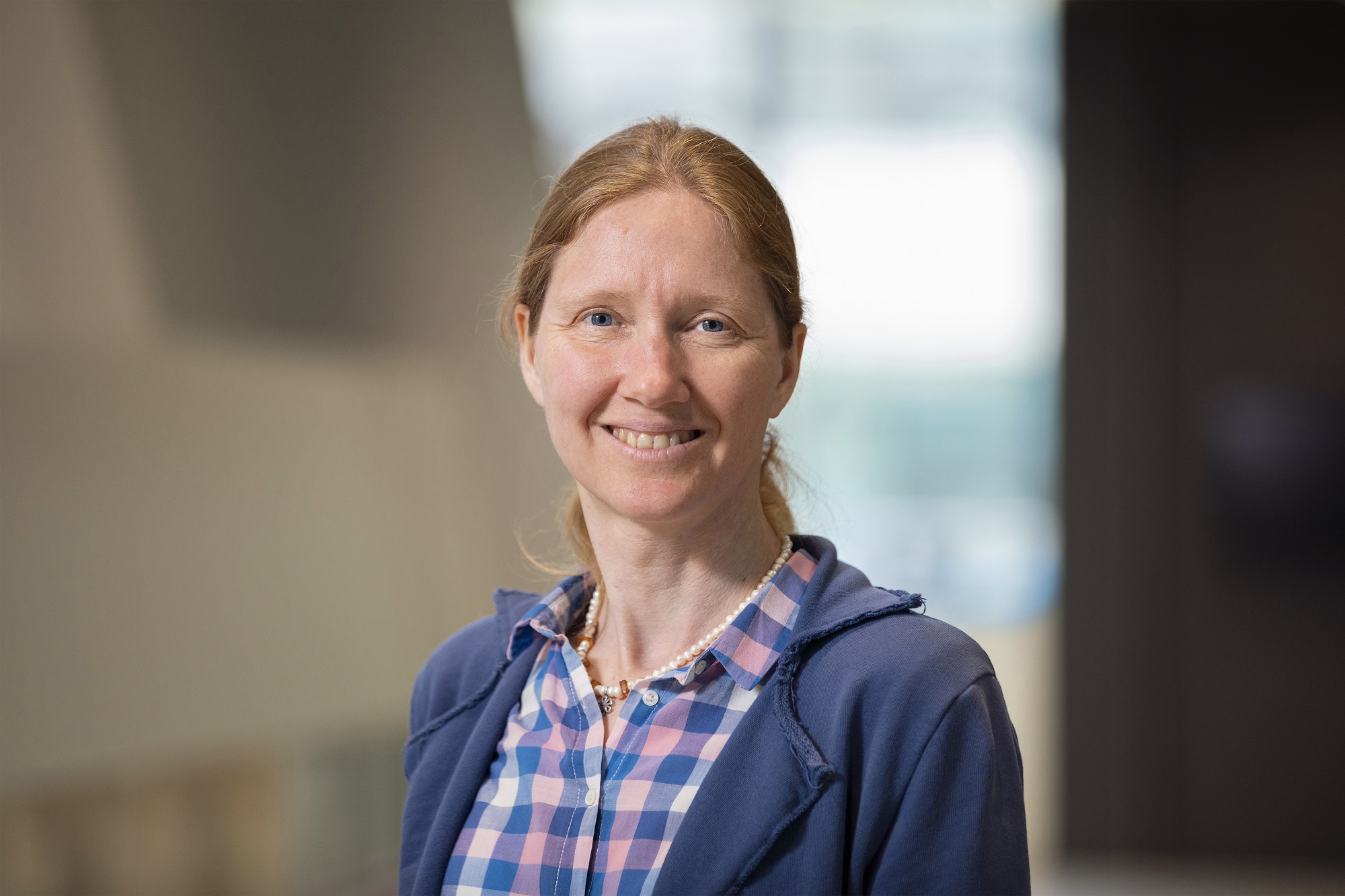TU Delft molecular biophysicist Nynke Dekker is one of four Spinoza Prize laureates of this year. She will be awarded EUR 2.5 million to spend on research.
Nynke Dekker discovered how chemotherapy kill cancer cells at the molecular level. (Photo: Studio Oostrum/Hollandse Hoogte)
The informal name of the Spinoza Prize is the Dutch Nobel Prize. Professor of Molecular Biophysics Nynke Dekker, is one of this year’s laureates, the science financer NWO made known today. She has carried out pioneering work in her field. According to the Netherlands Organisation for Scientific Research (NWO), among her groundbreaking work is showing how chemotherapy kills cancer cells at the molecular level.
Each of the lucky laureates are awarded EUR 2.5 million to spend on research. Apart from Dekker, the other laureates are Jan van Hest, Pauline Kleingeld and Sjaak Neefjes for their pioneering scientific work. Professors Linda Steg and Ton Schumacher were awarded the Stevin Prize for their research’s impact on society.
Including this year’s laureates, the Netherlands now has 97 Spinoza laureates and six Stevin laureates. The award ceremony will be held on Wednesday 30 September. At the ceremony, the laureates will explain what they plan to do with their prize money.
Dekker
Nynke Dekker (1971) is internationally renowned for her progressive research into individual DNA and RNA molecules and their interaction with proteins in bacteria, viruses and eukaryotes (organisms whose cells have nuclei). In a press release, TU Delft reported that Dekker described how, one, virus proteins cultivate errors in the viral RNA so that viruses can mutate and have a better chance of survival in changing circumstances, and, two, how antiviral inhibitors disrupt these proteins. She showed how copying DNA in bacteria can be stopped, but that translating DNA and RNA will continue even in difficult circumstances. She also described how chemotherapy molecules in the treatment of cancer bring about changes in the activity of the protein topoisomerase.
Van Hest
Jan van Hest (1968) is Professor of Bioorganic Chemistry at TU Eindhoven. He developed new materials and sped up chemical processes by combining man-made molecules with biological components. The materials that he developed have several uses, including transporting medicines through the body. He also makes nanoreactors that can trigger responses with enzymes in living cells.
Neefjes
The Leiden University Professor of Chemical Immunology Sjaak Neefjes (1959) is known as a multidisciplinary all-rounder. He combines his understanding of chemistry, cell biology, immunology and biochemistry to study processes in single cells. According to NWO, this is leading to pioneering discoveries about the workings of the immune system that are helping to fight cancer, infectious diseases and auto-immune diseases.
Kleingeld
The only Spinoza laureate working in the humanities is Professor of Ethics Pauline Kleingeld (1962) of the University of Groningen. NWO lauds her interpretation of Kant’s ethics and political philosophy that bring new perspectives on moral universalism, autonomy, free will and cosmopolitanism. She also does not shy away from Kant’s racist and sexist prejudices. “Her original approach and ideas make her one of the leading international Kant experts who makes important links to contemporary philosophy debates and behavioural research.”
Schumacher
Ton Schumacher (1965) was awarded a Stevin Prize for his research in the area of immunotherapy against cancer. He is the Molecular Oncology & Immunology group leader at the Antoni van Leeuwenhoek Hospital and the Oncode Institute. He is also Professor of Immunotechnology at Leiden University. He played an important role in the rapid development of his field, both through his scientific discoveries and through his ability to translate these into practical applications in treating patients.
Steg
The other Stevin Prize is awarded to Linda Steg (1965), Professor of Environmental Psychology at the University of Groningen. She is a pioneer in a new field. She is doing research into factors that encourage environmentally-friendly behaviour. One important finding is that people do not only act according to ‘rational’ facts and cost-benefit arguments, but that moral convictions and caring about the environment also play a role.
HOP, Hein Cuppen / Delta, Tomas van Dijk
Do you have a question or comment about this article?
redactie@hogeronderwijspersbureau.nl


Comments are closed.